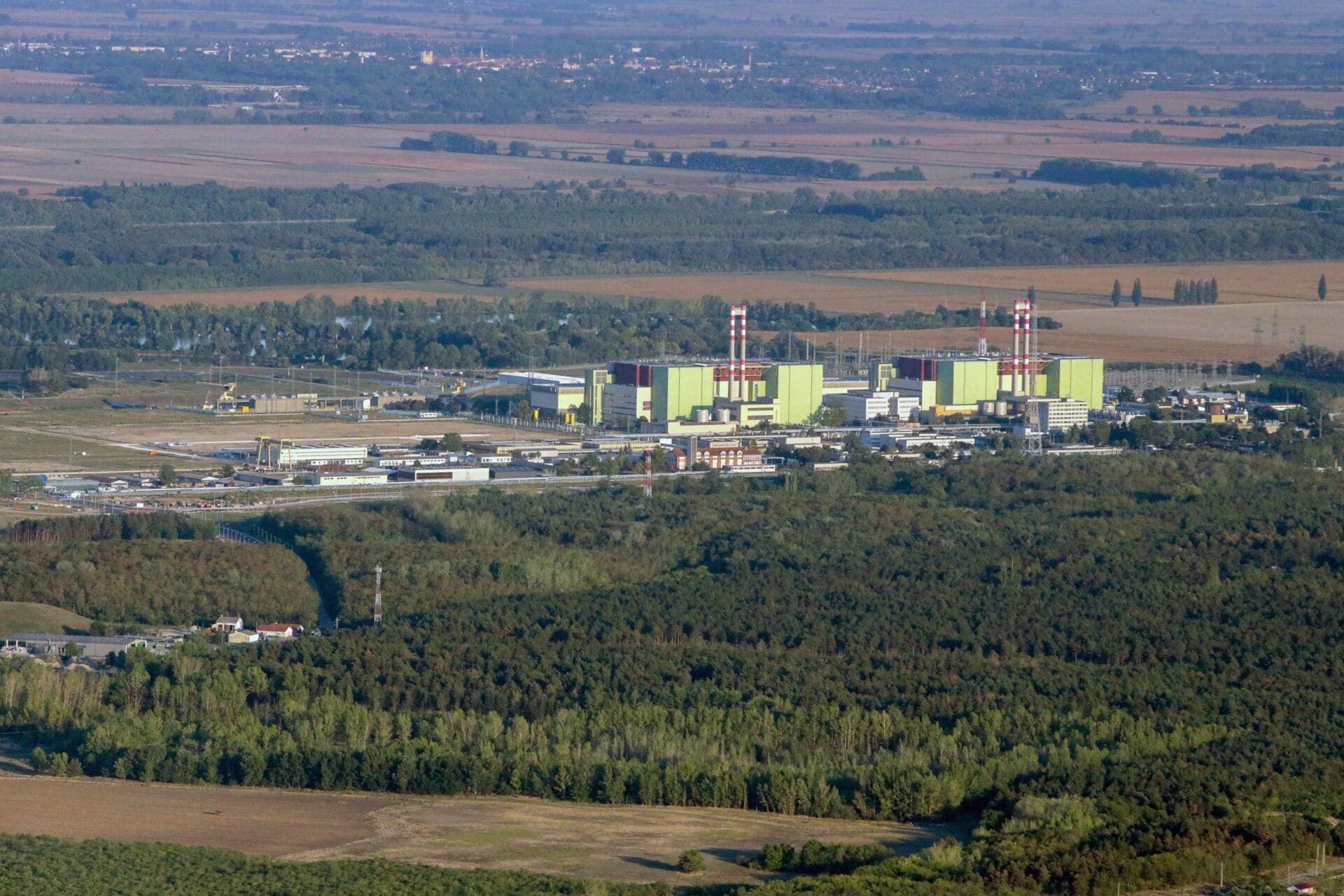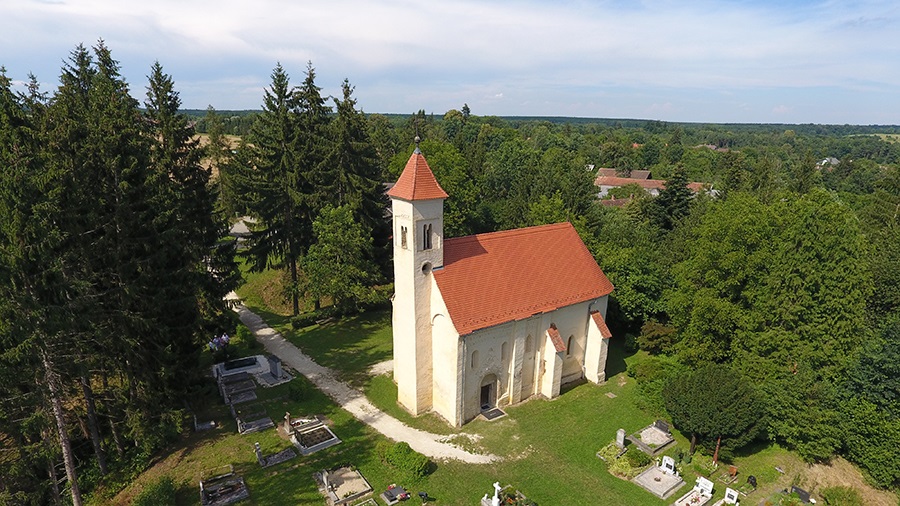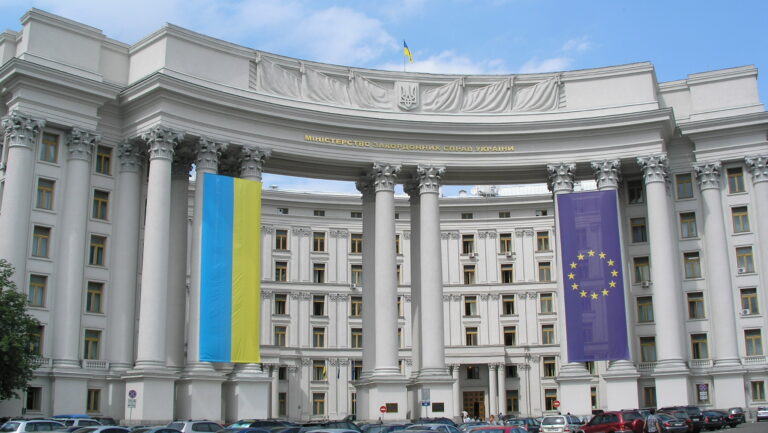The Lawsuit
On Wednesday, the EU’s decision confirming the legality of state funding for the Paks nuclear power plant expansion was approved by the European General Court. Austria filed a lawsuit against the European Commission in 2018, insisting that the Hungarian government had provided unlawful state aid for the project. Austria had previously sued several countries over nuclear power plants, including the Czech Republic in 2011 and the United Kingdom in 2015. Euractiv noted that the European Commission has typically won similar lawsuits. The Austrian environmental protection agency is probably also considering a next move, press reports suggested.
The Austrian government took the EC to court four years ago following the approvement of two new reactors to be built at the Paks plant. The EC had already launched an investigation into the funding of the Paks expansion project in 2016, but in 2017 it established that there was no illegal state financing involved. Austria decided to sue over the decision, claiming that the Commission failed to ensure fair competition. Austria has not yet announced whether it will take the case to the highest instance, the European Court of Justice.
Hungarian Foreign Minister: This is a Huge Win
Minister of Foreign Affairs and Trade Péter Szijjártó reacted to the court ruling in a statement in Bucharest. The minister said the decision was a huge win for Hungary and welcomed it as crucial from the point of view of Hungarian energy security. He added that with the decision, ‘the court stated that everything was in line with European norms regarding the request for the expansion’. He also emphasized that the Hungarian government is closely monitoring the expansion project and striving toward making everything by-the-book regarding it, as when constructing a nuclear plant ‘the most important thing is security’. He underlined that the decision has confirmed that the funding for the project is in compliance with all EU rules, so now both the process and the funding have been given a final green light.
‘We have managed to fight off yet another attack, and we have jumped over another hurdle,’ he said. He concluded by noting that although currently there are no sanctions imposed on nuclear energy, ‘there are some institutions, banks and entire countries that want to be more Brussels than Brussels itself and are attempting to hinder the building of Paks in all kinds of unlawful ways.’ He called on these actors to accept the court decision and to refrain from future attacks, as the project is about Hungary’s energy security and the preservation of the results of the utility cost reduction programme.
Sustainability Is Not an Issue
While Austria’s lawsuit was based on a fundamental mistrust of the sustainability and safety of nuclear power, many recent studies, expert opinions and government decisions have proved that nuclear energy is in fact not just sustainable, but one of the best alternatives to gas and coal. In September, the European Parliament rejected a motion that would have deemed both nuclear and crude-oil sources unsustainable. According to the European Commission, nuclear energy and gas play a large part in the green shift and could play a role in limiting the climate crisis. For this reason, the Commission has labelled these energy sources as sustainable in the European taxonomy.
At the time, Fidesz and KDNP MEPs wrote in a statement that they consider the development a success. ‘We have kept energy supplies safe and affordable, while protecting the utility costs reduction programme’ in Hungary, they stated. They also emphasized that to keep utility costs low in the country, and for Hungary to become carbon neutral, nuclear and gas-based energy are both needed. Otherwise, the cost of energy would skyrocket. Fidesz MEP Edina Tóth also remarked that the European and Hungarian leftists had done everything in their power over the previous weeks to prevent these energy sources from being accepted as green and sustainable.
A Nuclear Future
In June, the former president of Hungary, János Áder invited an expert on nuclear energy to his podcast titled Blue Planet. They discussed the planned expansion at Paks and the future of nuclear energy. The new block of the power plant at Paks could save Hungary over 4.5 million cubic metres of gas in a year. The expert, Zsolt Hárfás noted that, regardless of their specific situation, every nation needs a supply of energy that is constant. He used Germany as an example, where solar and wind power plants have a combined capacity of about 144,000 megawatts, of which only 20–25,000 can actually be used. He reminded that Germany’s energy crisis is so severe that the country is frequently forced to import energy from France while also limiting individual energy consumption.
According to Hárfás, every country should work to reduce its reliance on fossil fuels and should put more of an emphasis on climate-friendly alternatives like nuclear power and renewable energy. Additionally, he noted that solar power facilities can emit up to 83 grams of carbon dioxide per kilowatt, whereas nuclear power plants only produce six grams per kilowatt.
In order for each nation to achieve a balanced ‘energy mix’ that ensures the security of ongoing energy production and takes into account the advantages and disadvantages of each and every energy source, both nuclear and renewable power plants need to be built. Hárfás emphasized the large number of nations that are currently developing new nuclear power reactors or upgrading their existing ones. He stressed that the Paks plant is operationally safe and has a key role in the Hungarian economy, having provided about 50 per cent of the total electricity used by families last year.








